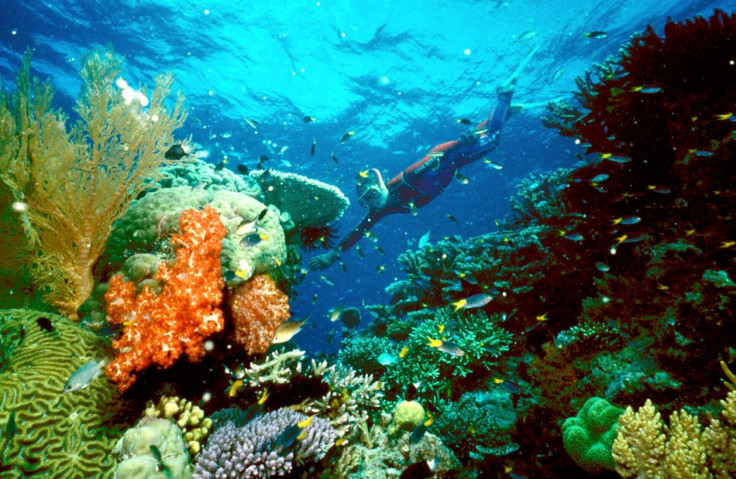Dismay at the state of the World’s Oceans

The state of the world's wceans are in a far worse state than ever previously suspected according to a new report from the International Programme on the State of the Ocean. The new report has detailed the severe damage the human race has directly and indirectly had on the world's oceans.
The International Programme on the State of the Ocean's, whose full report will be released in 2012, have claimed that ocean life is at a 'high risk' of entering a phase of extinction of marine species unprecedented in human history.
The report details how overfishing, pollution, and climate change are acting together in ways that have not previously been recognised. These impacts are not just having effects on oceans life but the impacts are now already affecting humanity.
Such damage to the oceans is not immediately apparent as terrestrial destruction - but it is just as serious. The situation, according to the IPSO, is said to be so severe that human behaviour is alternating the chemistry of the ocean. The ocean has already absorbed 80 per cent of the heat added to the climate system and adsorbed 33 per cent of the carbon dioxide omitted by humans. Eco systems are collapsing because of this, with species being pushed to extinction at alarming rates.
The IPO have detailed the damaging effects of three of the oceans main enemies
Overfishing
- 9,000-10,000 tonnes of fish removed from the ocean every hour
- Devastating effects on both the fish targeted and virtually all other marine creatures
- Climate change aside - oceans biggest threat
Pollution
- Industry, agriculture and domestic sources on land - dumped directly or through rivers and air currents
- Release of sewage and wastes into the sea directly increases microbial activity through provision of organic matter
- Plastics, heavy metals and pesticides all having devastating effect on marine life and transferred up the food chain. Having a severe effect on human health
Climate Change
- Sea temperature set to rise to extremes this century
- Major effect on distribution of Marine species
- Coral beaching phenomenon - destroying large areas of coral reefs.
The damning report on the state of the oceans must have an effect on governments to act decisively and swiftly. Ocean altercation and warming is having a devastating effect on the whole world's seas. Together with human behaviour, climate change is having a severe threat to coral reefs with three quarters at severe risk or decline.
The IPSO's recommendations are clear
- Stop explorative fishing immediately
- Mapping and the reducing the impact of pollutants including plastics, agricultural fertilisers and human wastes
- Sharp reduction in greenhouse gas emissions.
© Copyright IBTimes 2024. All rights reserved.






